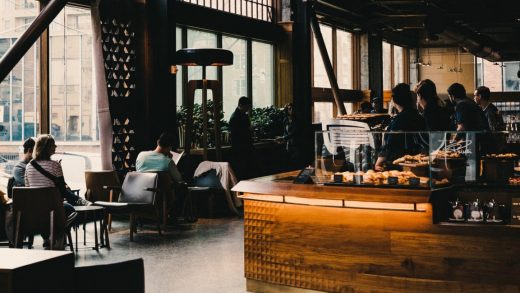Starbucks reverses course on Black Lives Matter attire ban after boycott threats
Starbucks has changed its mind about letting baristas wear Black Lives Matters clothes and accessories.
The Seattle-based coffee company had originally said that those items—such as T-shirts and pins—don’t adhere to the corporate dress code policy, according to BuzzFeed, which had a copy of an internal bulletin.
The report sparked backlash and as of late Thursday, the hashtag #BoycottStarbucks was trending on Twitter.
But now the Starbucks employees who make drinks and serve customers in thousands of its cafés are free to express their support of the BLM movement, according to the company.
“Starbucks stands in solidarity with our Black partners, community and customers, and understands the desire to express themselves,” the coffee chain said in a statement. “We continue to listen to our partners (employees) about how they want to take a stand for justice, while proudly wearing the green apron and standing united together.”
In addition, the café chain is making 250,000 shirts supporting the movement for racial justice; they’ll be available to workers at company-owned stores in the United States and Canada.
“Until these arrive, we’ve heard you want to show your support, so just be you. Wear your BLM pin or t-shirt. We are so proud of your passionate support of our common humanity. We trust you to do what’s right while never forgetting Starbucks is a welcoming third place where all are treated with dignity and respect,” top executives said in a letter to employers that was posted on the Starbucks website today.
The issue came to the fore recently after George Floyd, an unarmed black man, died at the hands of Minneapolis police on May 25, igniting global protests against police violence.
In April 2018, Starbucks drew criticism after an employee at one of its Philadelphia locations called the police on two African American men for trespassing. They hadn’t bought anything from the cafe, and one man asked to use the bathroom and was told it’s only for paying customers. The men had been waiting for a colleague to arrive for a business meeting.
Starbucks subsequently apologized, settled with the two men, and briefly closed 8,000-plus company-owned stores and its corporate office to hold racial-bias training for workers.
(23)



